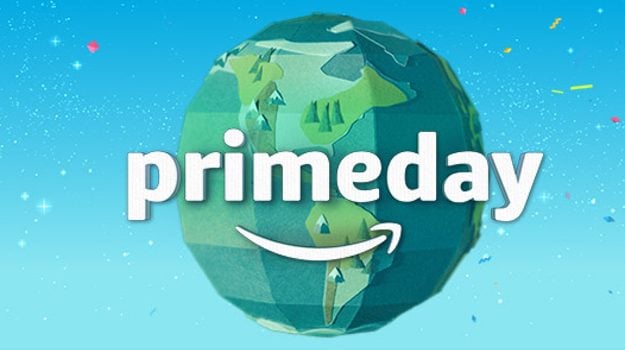Takeaway: This year’s Amazon Prime Day resulted in important lessons about shopping behavior and the modern retail space. The event grew by more than 60% over last year. You are going to want to bookmark this recap to build and bolster strategies for next year.
Even after our own projections, we were still blown away by Amazon Prime Day 2017 and its ever-growing numbers.
KEY STATS
- The biggest sales day ever in Amazon history
- 30 hours of sales, beginning 6PM PT, 9PM ET on July 10
- 6,000 deals every minute
- Hundreds of thousands of deals total
- Prime Day sales surpassed Black Friday and Cyber Monday on Amazon
- The event grew by more than 60% over last year
- Best-selling categories: For the home chef, for the home, and tech items
- More than 3.5 million toys purchased
- Amazon offered a discount between 31%-45% on average
QUOTES
- “Third-party sellers sold over 50 percent more items on the site by noon local time (1900 GMT) than in the same timeframe last year.”
- “Tens of millions of Prime members made a purchase on Prime Day 2017, more than 50 percent higher than the prior year.”
TAKEAWAYS
Flash sales and the gamified shopping experience are sticking around
For a while, many experts declared flash sales dead, due to overuse. With Prime Day’s sell-through charts below each product thumbnail, the countdown clocks, one-click purchase buttons, and the part disjointed, part curated hunting and pecking mode of shopping, Amazon reaffirmed flash-sale relevance on July 11. In other words, the shopping experience is fast, and will only increase in speed. Beyond a thrilling discount, consumers were looking for complete details, images, and reviews to confirm their purchase decision before checking out.
Voice shopping is bigger than ever
Shopping by voice commerce (v-commerce), technology pioneered by Amazon and reinforced on their Prime Day, made ordering easier, with over 70% of Alexa owners having a Prime account. Consumers have adopted this new shopping method quickly, enticing sales of and sales with their own technology by starting Prime Day access via Alexa two hours earlier than all other access. The ability to research, search results, and order by command, reinforces the need for clearly written product details, complete with specs – especially when it comes to consumer packaged goods. Chain Store Age reported, “Nearly 70% of the Alexa-only Prime Day deals were for CPG products. These ranged from candy to home consumables, such as paper towels and toilet paper.”
HUGE opportunities for small businesses still exist
More than 40% of all 2017 Lightning Deals were products sold by small retailers, a 50% increase from 2016. This resulted in over 20 million products sold by small businesses, with the requirements being at least a 20% discount on products and the use of Amazon fulfillment methods. What does this mean? In spite of Amazon’s vastness, there is still room for the little guys, who should be as prepared with product content, images, and reviews just like the rest of the bigger names.
We wish much success to all who sold on Amazon Prime Day. How did your product content stack up? Check out our product grader to see if improving your content could have resulted in higher sales.
Tag(s):
Written by: Cara Wood
Cara Wood (she/her) is a writer and former director of brand journalism at Salsify, where she specialized in creating content to help brands excel in ecommerce. Her work has helped organizations enhance their digital shelf and product experience management strategies.
Recent Posts
Ecommerce Marketing
|
12 minute read
The Art of the Impulse Buy: 70% of Shoppers Say Discounts Drive Unplanned Purchases — Here’s Why
Read More
Ecommerce Marketing
|
10 minute read
What Does It Take To Have a Good Brand Reputation in 2025?
Read More
Ecommerce Trends
|
11 minute read
What Is Commerce Media — and How Can It Optimize Your Marketing Spend?
Read More
Subscribe to the Below the Fold Newsletter
Standing out on the digital shelf starts with access to the latest industry content. Subscribe to Below the Fold, our monthly content newsletter, and join other commerce leaders.


.svg)